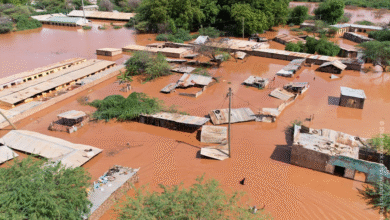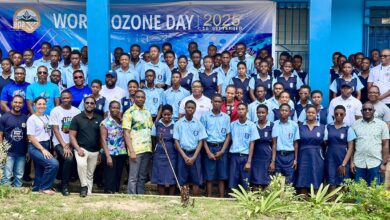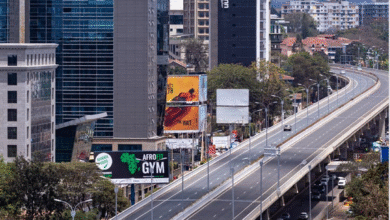Ghana Joins Global Movement on World Cleanup Day: Calls for Collective Action Against Plastic Waste
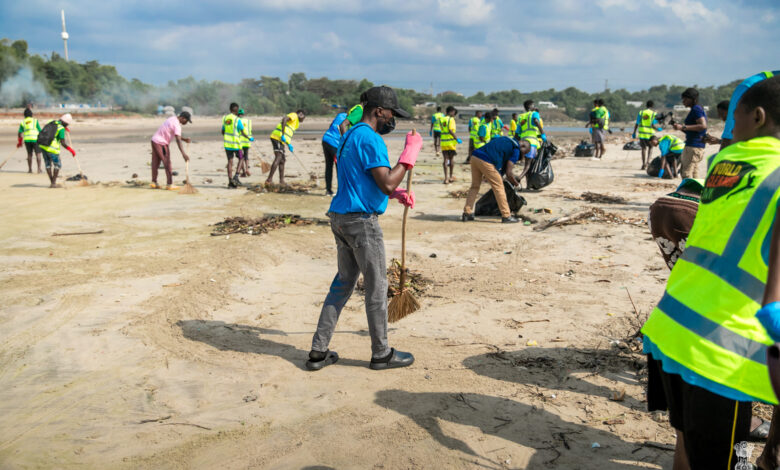
Accra’s Laboma Beach came alive on Saturday as Ghanaians joined millions worldwide to mark World Cleanup Day 2025, with a major campaign led by Pan-African social impact platform Mayekoo, in partnership with the Indian High Commission in Ghana and the Rotary Club of Accra-Premier International.
The event mobilised volunteers to collect plastic and other waste materials along the beach, drawing attention to one of Ghana’s most pressing environmental challenges—plastic pollution and its impact on communities, livelihoods, and the economy.
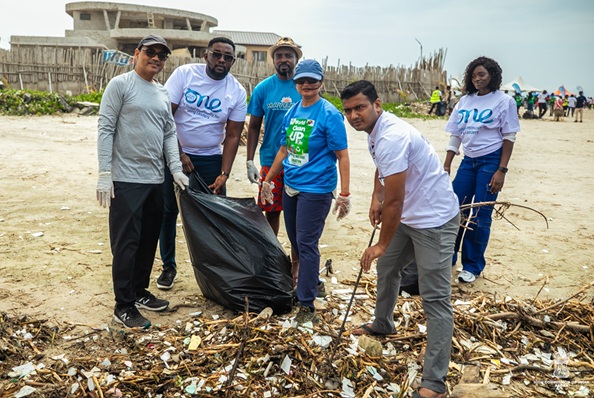
Lessons from India
Speaking during the exercise, India’s High Commissioner to Ghana, Manish Gupta, noted that the campaign was part of a global movement to promote solid waste management, especially plastics.
“As worldwide, we celebrate September 20 as Cleanup Day, the focus is on solid waste management and management of the plastic,” he said.
He drew parallels with India’s Swachh Tahi Seva campaign, launched by Prime Minister Narendra Modi, which focuses on embedding cleanliness and sustainability as part of daily life.
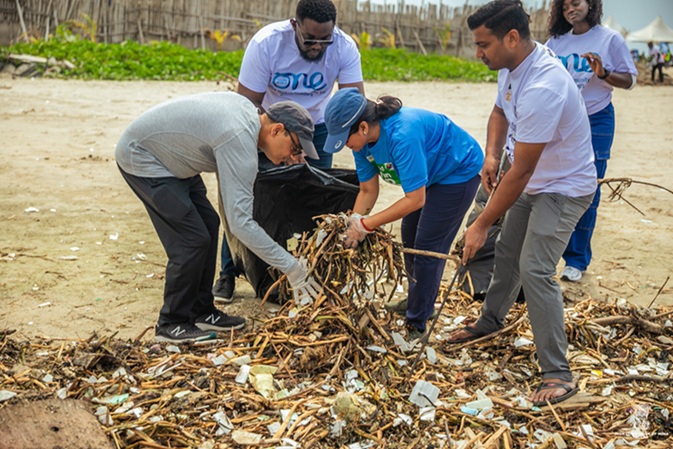
“In India, we have banned single-use plastics, encouraged the use of reusable cloth bags, and even recycle plastics for road construction,” he explained. “Small but consistent steps can create monumental change. Ghana can also achieve this if citizens take personal responsibility.”
Quoting Mahatma Gandhi, the High Commissioner reminded participants: “Mother Earth provides to everyone what one needs, but it cannot satisfy everyone’s greed.”
Rotary’s Call for Shared Responsibility
For the Rotary Club of Accra-Premier International, the campaign was about more than cleaning a beach. Club President Kailash Chaurasia stressed the need for a shift in public behaviour to reduce littering and protect the environment.
“This plastic has really been affecting marine life. Rising sea levels are already displacing coastal communities. While today’s exercise may not solve everything, it builds awareness,” he said.
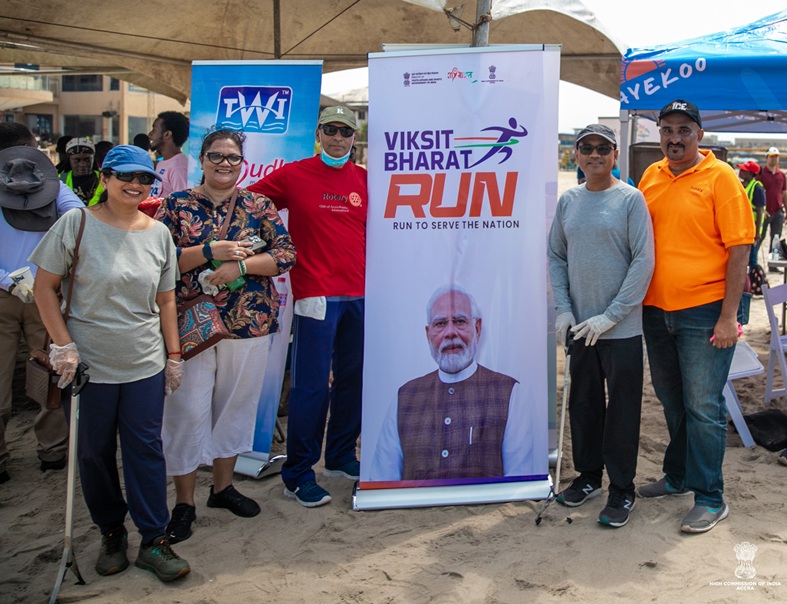
Kailash Chaurasia (3rd from left in the photo) disclosed plans to scale up the effort in the coming years. “Next year, we’ll bring more Rotary Clubs on board. Instead of doing this once a year, we can do it four or five times annually.”
He however, stated that true change lies in everyday responsibility. “If we were responsible enough not to litter in the first place, we wouldn’t need to divert resources to cleaning beaches. The responsibility is not only the government’s—it is each citizen’s duty.”
The Economic Dimension
Beyond the environmental threat, plastic waste has serious economic costs. Polluted beaches undermine tourism, marine damage threatens fishing livelihoods, and municipal budgets are strained by rising waste management costs. Accra, in particular, spends millions annually on waste disposal, yet plastics continue to clog drains and cause flooding.
Experts argue that effective waste management, stricter enforcement of bans, and innovative recycling initiatives could save costs, create green jobs, and make Ghana’s coastal and urban areas more attractive for both business and leisure.
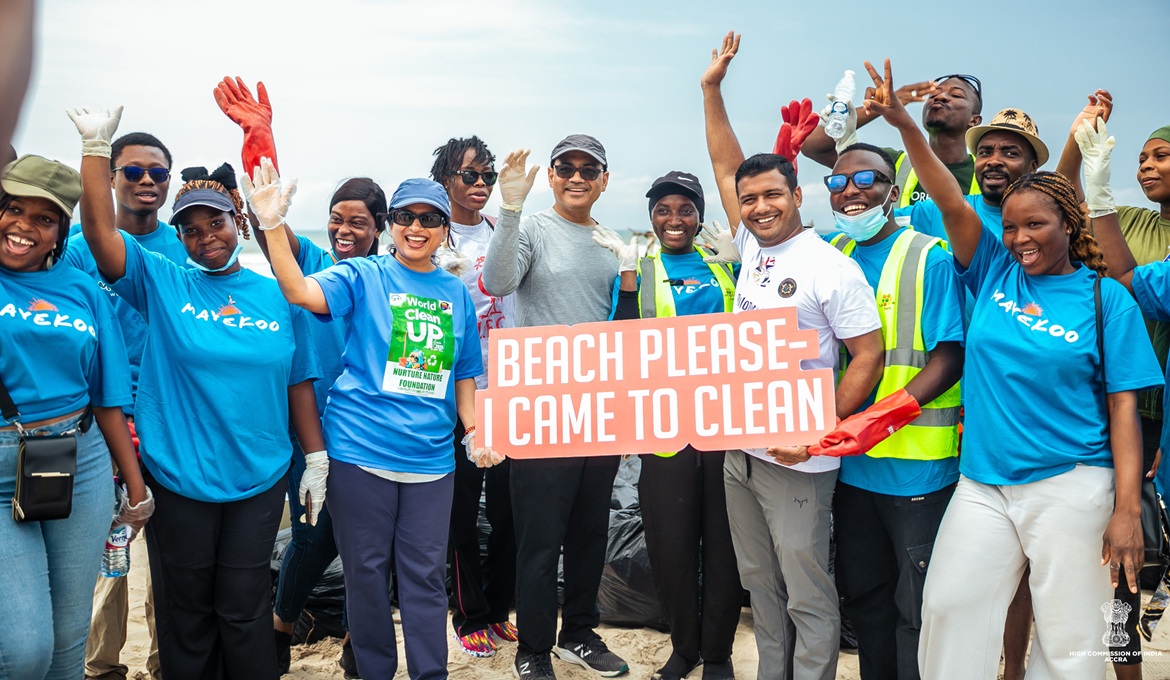
Looking Ahead
The campaign at Laboma Beach highlighted the urgent need for lasting solutions to Ghana’s plastic waste problem. For Mayekoo, the Indian High Commission, and the Rotary Club, the challenge is sustaining momentum beyond annual events.
As the High Commissioner concluded: “It is not only the job of the government. As citizens, it is our collective responsibility to make Ghana cleaner, healthier, and sustainable for future generations.”


